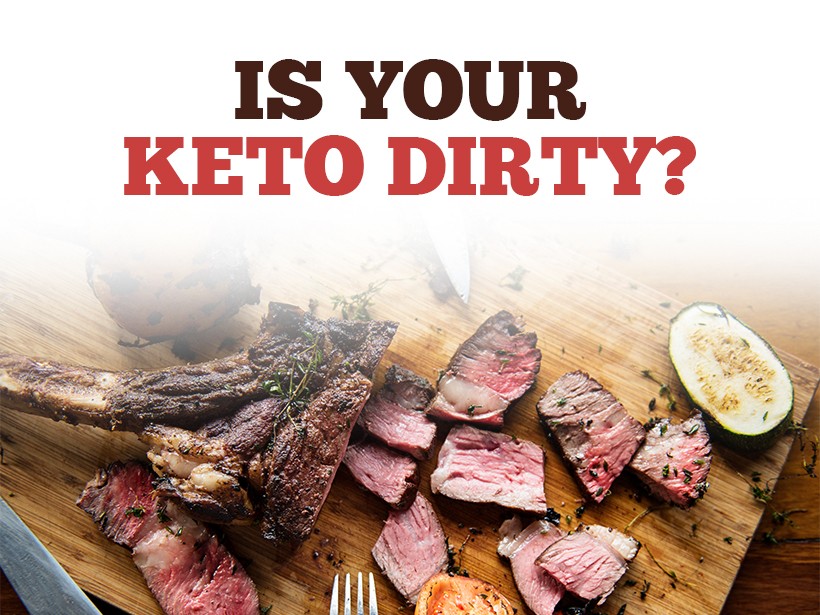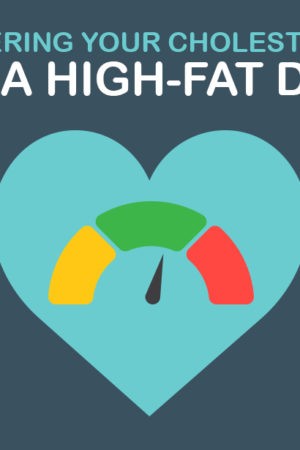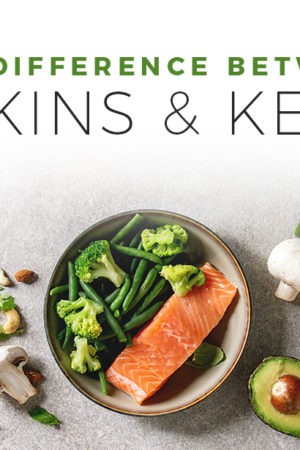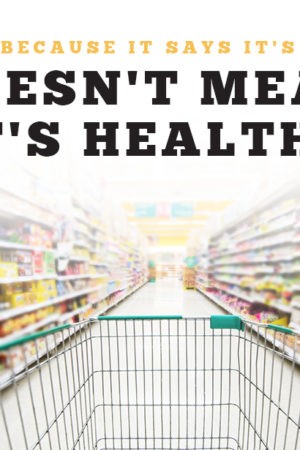You know the first response many people have to the keto diet: “Eat nothing but fats?? That sounds great!!” After all, who wouldn’t want an excuse to pig out on loads of bacon and thick, juicy hamburgers? Since the keto diet is designed to utilize natural biological processes to kick the body into fat-burning overdrive by weaning it from carbs, why not pig out on foods you really love? Just cut the carbs and lose the weight!
One version of the keto diet advocates for just such an approach. Called “dirty keto,” it encourages adherents to cut carbs, but continue to otherwise eat whatever food—junky or not—they might otherwise consume. Alternatively, “clean keto” advocates replacing those carbs with nutritiously-dense alternatives. “Dirty keto” might help you lose weight…but is it a good idea?
The rationale behind dirty keto
The ketogenic diet depends on macros. To begin the process of ketosis (which turns the body into a fat-burning machine), your daily diet needs to consist of somewhere around 5% carbohydrates, 70% fats, and 25% protein (although this recommendation varies per person). As your body sheds its dependence on carbs, it begins to more efficiently burn the fat you consume, then seamlessly transitions to stored fat for more energy.
Proponents of dirty keto propose cutting the carbs, eating whatever your heart desires, and reaping the rewards of your new, “healthier” lifestyle. This sounds like every American’s dream: eat fast food and lose weight!
“Dirty keto’s” dirty secret: poor heart health
For truly healthy eating, you can’t just cut carbs; you must also consider the type of fats you consume. Our foods contain three different types of fat: unsaturated fat, saturated fat, and trans fat.
Unsaturated fat is the good stuff. According to Harvard’s health website, unsaturated fats “can improve blood cholesterol levels, ease inflammation, stabilize heart rhythms, and play a number of other beneficial roles. “1 You can find these fats in foods like avocados, nuts, seeds, and fish.
Saturated fats can be found in milk, cheese, hamburgers, and various fast food items. Historically, these have been seen as not so good and have frequently been referred to as one of the greatest causes of cardiovascular disease. Over the last 50 years of research, no firm link has been found between saturated fat intake and an increase in heart disease. In fact, many studies have shown that a diet high in saturated fat has actually reduced risk factors.2
Finally, the worst culprit of all: trans fats. These are primarily found in vegetable oils that are highly processed to make them desirable for fast food purpose. Trans fats go beyond saturated fats in their impact on your heart. In fact, the Harvard health website states that “for each additional 2 percent of calories from trans fat consumed daily, the risk of coronary heart disease increases by 23 percent.” THIS is what you’re pouring into your body if you choose to make your keto dirty.
Kick dirty keto and choose healthy eating
If you want to promote overall health and well-being, don’t use keto as an excuse to eat all the fast food you want. Think carefully about your food options and make sure they promote your overall health. Do this to build healthy habits that can sustain you for life.
NUTRITIONAL DISCLAIMER
The content on this website should not be taken as medical advice and you should ALWAYS consult with your doctor before starting any diet or exercise program. We provide nutritional data for our recipes as a courtesy to our readers. We use Total Keto Diet app software to calculate the nutrition and we remove fiber and sugar alcohols, like erythritol, from the total carbohydrate count to get to the net carb count, as they do not affect your blood glucose levels. You should independently calculate nutritional information on your own and not rely on our data. The website or content herein is not intended to cure, prevent, diagnose or treat any disease. This website shall not be liable for adverse reactions or any other outcome resulting from the use of recipes or recommendations on the Website or actions you take as a result. Any action you take is strictly at your own risk.
- Keto Might Give Navy SEALs an Advantage - July 18, 2019
- The Primary Roles of Fat in Our Diets - July 8, 2019
- Low Carb Tech is Transforming Diabetes Treatment - June 21, 2019































